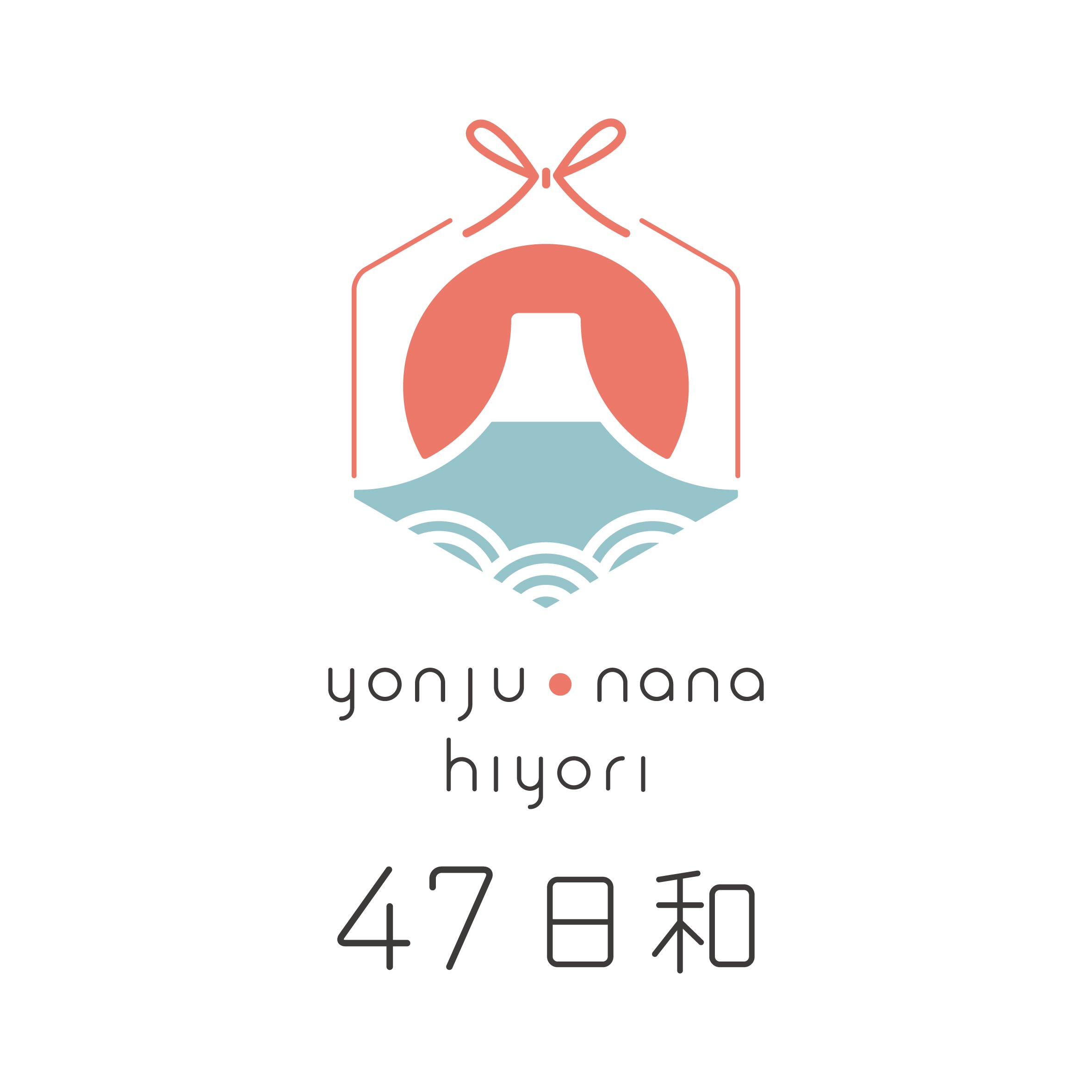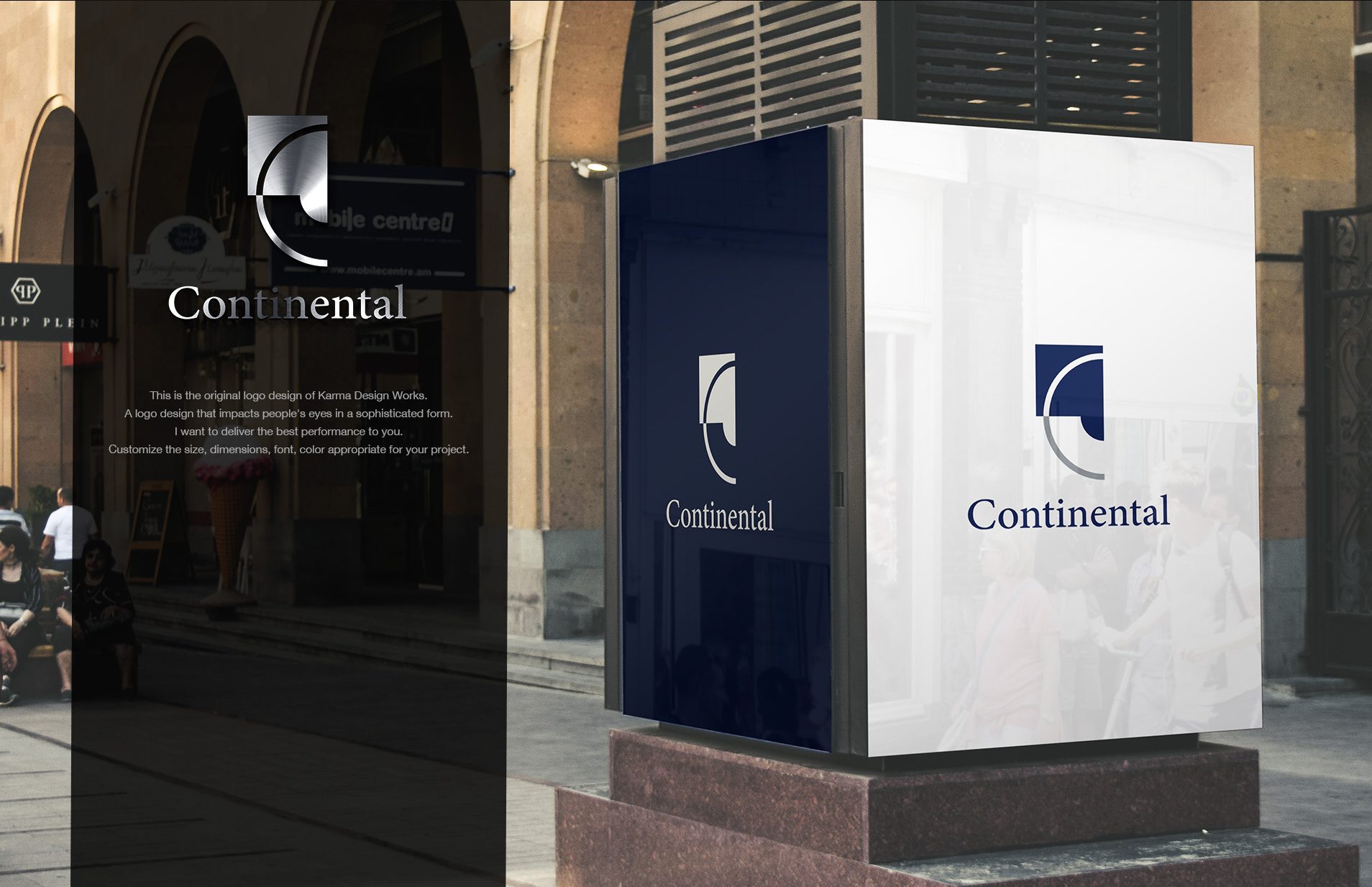Work VISA, Engineer/Specialist in Humanities/International Services
Work VISA,
Engineer/Specialist in Humanities/International Services(ESHIS)
The most common Work VISA for foreigners working for companies in Japan is the Engineer/Specialist in Humanities/International Services, sometimes referred to as Engineer VISA, Humanity VISA or GIJINKOKU. When Work VISA is used in Japan, it mostly refers to the Engineer/Specialist in Humanities/International Services (hereafter referred to as Work VISA).
However, Work VISAs in Japan are subject to a number of detailed restrictions, including the applicant’s educational background, job description, salary and the stability of the employer.

In simple words, Work visa(ESHIS) is for foreigners with a ‘university degree or above’ to work in ‘so-called white-collar occupations’. Physical or simple labour is not permitted.
Applicable job descriptions
According to the Immigration Law, the Work VISA stipulates that the work requires (i) an ‘academic background’ in the field of technology (science) or humanities (humanities) or (ii) specialist skills based on ‘foreigner-specific thinking and sensitivity’.
For example, jobs in research, IT engineers, financial specialists, translators and interpreters, overseas marketing, overseas sales, etc.

On the other hand, blue-collar jobs in the catering industry, convenience stores, hotels, sales staff and electrical work are not covered by the technical nationality. However, some industries, such as restaurants and retail shops, may be covered if they are part of the head office staff in product planning or overseas marketing.

Whether a job is acceptable as a WorkVISA or not is the substantive content of the job. And it is not only the formal content of the job, but also the ability to work practically and exclusively in that job.
Inbound Travel Agent, Lawyer / Accountant professionals, Language Teacher, Financial Institute (Bank, Security, Asset Management), Retail Business,
Sports Coach, Sports Athlete, Design/Marketing,
English-Japanese bilingual staff , Pre-International School, Trading Company, Hotel, Intra-company transferee, Religious Visa
Requirements for Work(ESHIS) VISA
The following six requirements must be met in order to obtain A Work VISA (ESHIS).
Requirements
(ⅰ) The job description must require academic expertise.
(ⅱ) The applicant must have academic or professional experience relevant to the job.
(iii) Salary equal to or higher than that of a Japanese national.
(iv) Contracts, such as an employment contract between the employer and the applicant
(v) Financial stability of the employer
(vi) The foreigner is a good citizen.

(1)Duties requiring academic expertise or foreign sensitivities
The job description is determined by the actual situation.
Sufficient workload.
The job role that requires specialised knowledge must have a sufficient workload. For example, if you want to employ an accountancy graduate in the finance department, there must be a sufficient workload to engage him or her exclusively. It is not possible to work once or twice a week and then be free to be a musician (i.e. just want to get a visa).
(2)Degree and work experience relevant to the job
Applicants must have the following degrees or work experience relevant to the role in which they are engaged.

Education / Degrees
This includes domestic and international postgraduate, university and junior college degrees.
The Immigration Bureau will examine the relevance of the degree to the job based on graduation certificates and transcripts. Note that foreign universities may not be recognised by the immigration authorities. This is because the academic system differs from country to country.
Japanese SENMON GAKKO
Persons with a SENMON SHI degree from a SENMON GAKKO in Japan are also eligible.
SENMON SHI is examined by the immigration authorities more strictly than a bachelor’s degree in terms of the relevance of the major subject and job description.
(Note)If he/she do not have degrees of Bachelor or above.
Professional Experience
- Engineering, Soecialist in Humanities:More than 10 years professional experience
- International Services:More than 3years professional experience
- IT Certifications which Japan gov approved
(3)Necessary Salary
Employers must pay salaries equal to or higher than those of Japanese employees.
In the case of mid-career hires, the salary will depend on the applicant’s education, work experience and position, so the employer’s salary policy (table) and the actual salaries of other Japanese employees should be referred to.
Note that salary includes basic salary, bonus and other taxable allowances.
(4)Contract with Employer (Japan)
There must be a ‘contract’ such as an employment contract ‘between the applicant and a Japanese entity’. If the applicant contracts directly with a company located abroad, he/she is not eligible for an ESHIS visa.In addition to employment contracts, freelance and dispatch contracts are also included. However, the contract must be of a continuous nature with a specific company.
Direct contracts with foreign companies or one-off contracts with an unspecified number of companies are covered by the business manager visa.
It is common practice to include a condition in the employment contract, such as ‘This contract shall come into effect subject to the granting of a work-enabled status of residence by the Japanese Government’.
(5)Employer’s financial stability
The Immigration Bureau requires employers to be in good financial standing to ensure stable employment of workers. In principle, the Immigration Officer examines the employer’s situation based on financial statements and business plans.
Employers are divided into categories 1 to 4 according to the size of the company. Category 1 is a listed company, Category 2 is an unlisted company that generally pays around 100 million yen or more per year in labour costs, Category 3 is any other SMALL business, and Category 4 is a newly established company. The content of the documents required and the timeframe for examination differ depending on the category classification.

If the employer’s revenue is small (startups) or its most recent financial statements are in deficit or insolvent, the examination may raise doubts about the financial stability of the employer and may result in a denial of the application. In such cases, the employer should provide an additional explanation of its business status with a business plan.
In the case of newly established companies, a business plan must also be submitted.
(6)The applicant must not have any criminal convictions or legal violations (in Japan and abroad).
The applicant must be a good citizen. This means that they have not committed any crimes in their home country or in Japan and that they have complied with immigration and other laws and regulations. For example, the Immigration Officer will confirm that the foreign student has fulfilled his or her obligations under immigration law, such as complying with time limits for part-time work and notifying the Immigration Bureau in the event of leaving or changing jobs.
Learn more: If your application is denied….
Employers’ legal considerations
Illegal employment of foreigners is prohibited under Japanese law (Article 73-2 of the Immigration Law). Illegal employment is subject to punishment not only for the worker but also for the employer. In addition, if an applicant makes a false application, he or she may be imprisoned for up to three years or fined up to 3 million yen, or both. Care must be taken to avoid illegal employment and false applications.
Also, do not forget to follow the various legal procedures after employment.
Special Benefit?
If the employee has a master’s degree or higher, an estimated annual income of at least 10 million JPY, or holds JLPT N1, he/she may be eligible for Highly Skilled Professional visa (HSP).
HSP holders are entitled to preferential treatment, including the granting of a 5-year visa, the ability to bring in a parent to look after a child, and permanent residency for a minimum of one year.
They may be an attractive Benefit for employees. HR managers in companies should feel free to contact us for further information.
Learn more: If the employee(applicant) is a Transferee from your overseas office?
Professional

Masakazu Murai
Immigration consultant, Financial advisor
He has 18 years experience in Investment Banking at Mitsubishi UFJ Morgan Stanley. He had provided financial advisory more than 500 entrepreneurs and senior management.
He currently supports many foreign entrepreneurs in Japan, taking advantage of the experience of an investment banker. He is the best expert of Business VISA in Japan.
Gyoseishoshi Immigration Lawyer
CMA(Japanese financial analyst license)
CFP (Certified Financial Planner)
MBA in Entrepreneurship


















